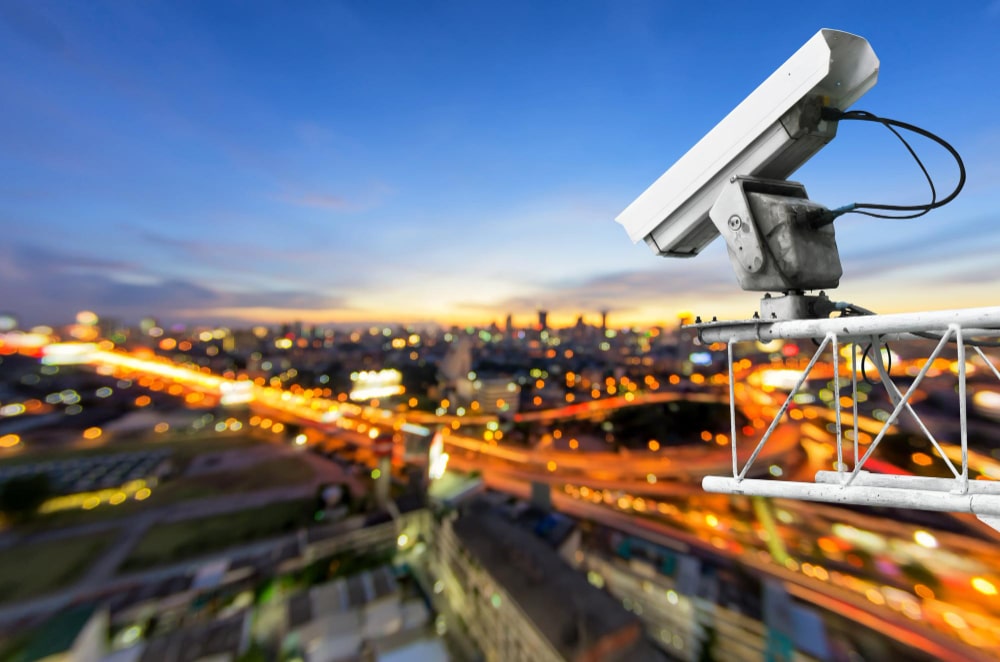
How AI is Powering the Next Generation of Smart City Solutions
Introduction – The AI Revolution in Smart Cities
Artificial intelligence (AI) is no longer just a futuristic concept—it’s rapidly becoming the backbone of smart city solutions around the world. From predictive traffic systems to real-time energy management, AI is enabling cities to operate more efficiently, sustainably, and responsively.
At Smart City Strategies and Solutions, we recognize that AI isn’t just another tool; it’s a transformative force reshaping urban environments. By embedding AI into our Smart City Ecosystem™, we’re helping governments, planners, and communities unlock innovations that were unimaginable just a decade ago.
For those new to our mission, you can learn more about our approach on our About page.
Why AI Matters for Smart City Development
Smart cities generate vast amounts of data—sensor readings, traffic counts, energy usage, environmental monitoring, and more. Without AI, this data is overwhelming. With AI, it becomes actionable intelligence.
Consider how urban planners once relied on static reports that quickly became outdated. AI flips that model by providing real-time insights. For example, instead of reacting to traffic congestion after it becomes a problem, AI-enabled traffic management systems predict it in advance and adjust signals dynamically to prevent bottlenecks.
In short, AI transforms cities from being reactive to proactive, adaptive, and future-ready.
Key Applications of AI in Smart City Solutions

AI in Traffic and Mobility Management
Urban mobility is one of the most pressing challenges for growing cities. AI-powered traffic lights, adaptive routing systems, and predictive transport models are reducing congestion and travel times. Cities like Singapore and Barcelona are leading the way, showing how AI can balance vehicle, cyclist, and pedestrian needs simultaneously.
AI in Energy Efficiency
Smart grids equipped with AI can analyze demand patterns, reduce waste, and integrate renewable energy sources more effectively. For example, AI can automatically adjust street lighting based on pedestrian activity, cutting energy use without compromising safety.
AI in Public Safety
From predictive policing to AI-driven emergency response, technology is making cities safer. AI systems can identify unusual activity in real time—such as unattended packages in crowded areas—allowing authorities to act faster. Importantly, ethical use of AI and privacy protections must always guide these applications.
AI in Waste and Resource Management
AI-driven waste systems optimize collection routes, predict container fill levels, and even sort recyclables more effectively. These solutions reduce operational costs while supporting sustainability goals.
The Benefits of AI for Urban Innovation
The integration of AI in city planning offers numerous benefits that extend beyond efficiency:
- Sustainability: Smarter resource use lowers carbon emissions.
- Economic Growth: AI-powered infrastructure attracts investment and innovation.
- Citizen Experience: From smoother commutes to cleaner streets, residents directly feel the impact.
- Resilience: AI helps cities anticipate and respond to crises, from floods to pandemics.
By leveraging AI, cities are building systems that are not only smart, but also sustainable, inclusive, and resilient.
Challenges and Considerations for AI Integration
While the potential of AI is immense, integration comes with challenges:
- Data Privacy and Ethics: Cities must protect citizens’ rights while deploying AI systems.
- Infrastructure Investment: Legacy infrastructure often needs upgrading before AI can be fully utilized.
- Equity Concerns: AI systems should not deepen inequalities but instead improve access to services for all residents.
Addressing these concerns requires a careful balance between innovation and responsibility, something that lies at the core of our approach at Smart City Strategies and Solutions.
Case Study – AI in Smart Transport
One real-world example comes from Stockholm, where AI-based traffic prediction reduced travel times by up to 20%. By analyzing traffic flow, weather conditions, and public transport schedules, the city optimized its road network dynamically. This not only eased congestion but also cut emissions—demonstrating how AI can serve both efficiency and sustainability goals simultaneously.
The Future of AI in Smart Cities
Looking ahead, AI will continue to expand its role in:
- Autonomous mobility (driverless shuttles and last-mile solutions).
- Climate adaptation strategies (predicting extreme weather impacts).
- Citizen engagement (AI-powered platforms for public consultation and service delivery).
The future is one where AI doesn’t replace human decision-making, but rather empowers policymakers and planners with better tools for complex challenges.
How Smart City Strategies and Solutions Leads the Way
At Smart City Strategies and Solutions, our Smart City Ecosystem™ is designed to integrate AI across different domains—transport, energy, governance, and more. We don’t just implement technology; we strategically align AI with community needs and policy frameworks, ensuring solutions are both innovative and practical.
To learn more about how our frameworks—such as the Smart City Mandala™—are shaping sustainable, AI-driven futures, visit our About page.
Conclusion – AI as the Engine of Smart Cities
AI is not just a trend; it is the engine driving the next generation of smart city solutions. By making cities more efficient, sustainable, and resilient, AI is setting the stage for a future where technology and humanity thrive together.
As urban challenges grow more complex, cities that embrace AI will be better positioned to adapt, compete, and prosper. At Smart City Strategies and Solutions, we’re proud to help cities harness the power of AI to create smarter, safer, and more sustainable urban environments.
